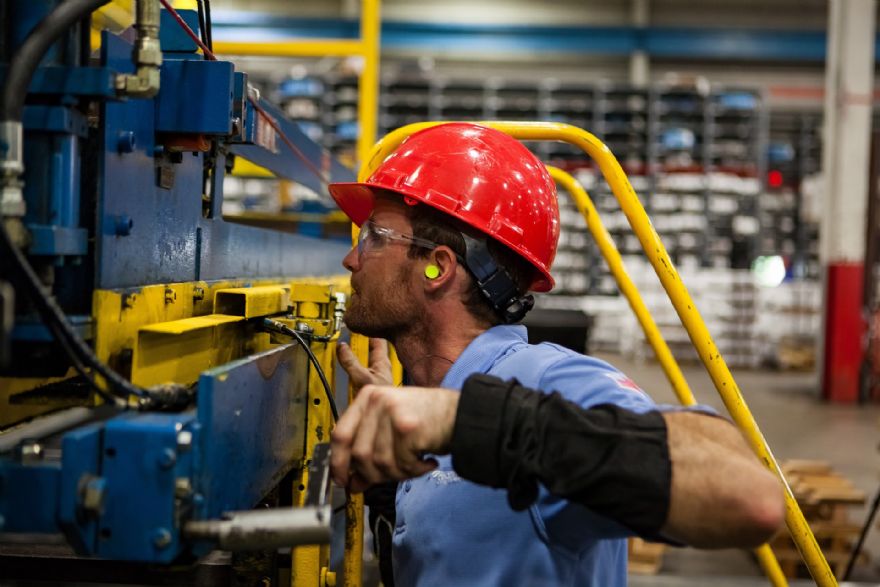
In modern manufacturing and engineering, companies face more than the challenge of producing high-quality equipment. They must also ensure workers can stay safe while operating complex machines, handling heavy parts or supporting projects connected to renewable energy.
Safety training is not just about avoiding accidents; it is about giving people the confidence to do their jobs well without constant worry. One training standard that has grown in importance is the Global Wind Organisation (GWO) certification, which is now becoming useful far beyond the wind industry.
Start with understanding daily risksManufacturing teams often work in environments that carry risks like those found on offshore or renewable projects. Workers climb ladders to reach overhead equipment, handle materials that require correct lifting techniques and may face fire or electrical hazards on the shopfloor. These are the same dangers addressed in GWO courses, which include working at heights, manual handling, first aid and fire awareness. By mapping these risks to daily tasks in machinery production, managers can see why GWO training is a natural fit.
Looking closely at past accidents helps leaders decide which GWO modules are most valuable. For example, if workers have struggled with back injuries from lifting machine parts, manual handling training can reduce strain and improve long-term health. If small fires or sparks have caused concern, fire awareness training helps staff react quickly and calmly. This connection between real problems and targeted training makes the lessons meaningful instead of theoretical.
Building a shared safety languageOne reason
GWO certification has become so widely accepted in the wind sector is that it creates a standard way of talking about and practicing safety. Everyone, from technicians to contractors, learns the same procedures. For machinery companies that often supply to or work with renewable energy projects, this shared safety language has clear benefits. Workers trained in GWO standards can collaborate more easily with partners who expect the same rules and responses on site.
This also strengthens the company’s reputation. Clients and partners see not only skilled engineers but also teams that are already aligned with international safety practices. For many contracts, especially in renewable supply chains, this can be a deciding factor in winning work.
Supporting compliance and cut downtimeHealth and safety rules in manufacturing are strict, and regulators expect proof that training is current. GWO certification provides a clear record that employees have met defined standards, which helps companies show compliance during audits or inspections. More importantly, it helps prevent accidents that could lead to costly downtime.
When workers know how to use safety gear correctly, rescue a colleague from height, or respond to a fire, small incidents do not escalate into major disruptions. The result is smoother production, fewer delays, and a stronger bottom line. Safety and productivity go hand in hand when training is consistent and practical.
Encouraging cultural changeThe real strength of GWO certification lies in how it encourages cultural change. Training is not delivered once and forgotten; it is refreshed regularly so that skills stay sharp. This constant reinforcement shows workers that safety is not optional, it is part of the job. Over time, this builds a culture where employees look out for one another, notice risks earlier, and feel more secure in their roles.
For machinery companies, this cultural shift is vital. Machines can be replaced, but skilled workers are harder to find. Protecting people through strong training and a clear safety culture helps with staff retention, morale, and overall performance.
Preparing for the futureManufacturing is increasingly connected to renewable energy and large-scale engineering projects. Companies that once focused only on local production now find themselves supplying parts and expertise to global ventures. In this context, GWO certification becomes more than just a safety course, it is a passport that allows workers to move across sectors with recognized skills.
By adopting GWO training, machinery firms prepare their teams for future challenges, whether that means servicing equipment onshore, supporting offshore installations, or working alongside international partners. The skills travel with the worker, making them more adaptable and valuable in a changing industry. This is why accredited training institutions, such as
FMTC safety play a key role in equipping employees with globally recognised qualifications that meet both present and future industry demands.